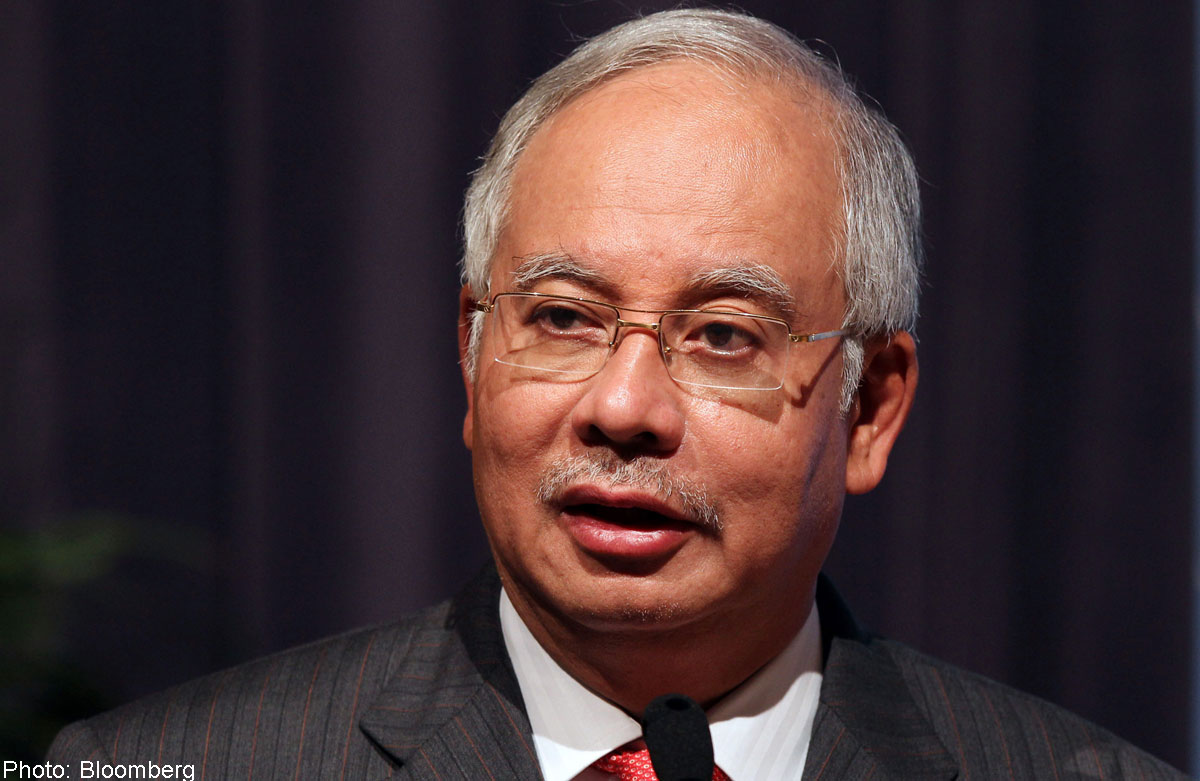I thought that the Sarawak Report http://www.sarawakreport.org/ has the most comprehensive account of the blow-by-blow hard evidence being provided by the US Attorney General’s office in substantiating their allegations in the 1MDB scandal. I think the time has come for us in the business community to express an opinion and direct our business to reflect our convictions in a way that is in the best interest of our friends and associates in Malaysia.
We are complicit in #MalaysianOfficial1’s crime insofar as we look away, insofar as we are afraid of losing business, of being seen as partisan and say all this so that we can still benefit from Malaysia. If China already has a bad reputation for shoddy products, it is procuring an even worse reputation for deals made with countries in times like this one. I write this in the present continuous tense because it is a tragedy in motion, we are nowhere near the conclusion yet.
The tragedy in the 1MDB story is not the amount of money involved – Malaysia is a lucky country and can eventually generate the income to overcome even this episode. The tragedy is that there is now a crack in the foundations of this nation that will be a source of many other ills to come. The most astute of its institutions, Bank Negara Malaysia and the Attorney General’s Chambers amongst them, are now broken. A string of individuals, including Azman Hashim who built a sound banking institution, now find their lifetime’s work and reputation, in shame. Nazir Razak did well by calling a spade by its proper name, but alas, he too is compromised by association.
Professionals like Arul Kanda are being brought in at high prices to clean up the mess at huge costs to their careers and a transformation of their personalities. The fact that this chain of destruction can be traced to just one man and his idiosyncratic wife makes it the most profound open sacking of a nation since Marcos.
It might be a blessing in disguise that the US and other developed countries have been looking for a global routing of funds of exactly this nature to put in place their own legal infrastructure to combat money laundering and other ills. Of course, they will use this to pursue their own agendas. But this is the price that a weak country like Malaysia will have to pay when all the work of its grass root associations, NGOs, political parties, churches, temples, school committees, the man-in-the-street and the electoral process have proved unable to demand the level of accountability required to prevent this level of abuse of power and money in open daylight.
While those of us who know can see the plot, unfortunately the electoral process targets the uninitiated, the hapless, the victims of globalisation of which there are many in every country. These look for the temporary reprieve, the $200 whether in plastic bags or electronically into their pension accounts does not matter, it’s the same thing. Small change, oblivious to the abuse of power.
Malaysia will now need a new charter, a new quid pro quo between the ruler and the ruled, that can only be brought about, ironically, by yet another strong leader who is able to lift the country above the destruction being wrought by the current ones. But the lessons from history suggests that very few countries were ever so fortunate, and even then not before things got even worse before they could get better.
For those of us who want to think that this has nothing to do with business, take a leaf from Goldman Sachs, which sponsored the original bond issuance. To them, it was just a deal, a fee in the pocket. This was not the intended plot. Now see how they have broken a nation.









Irony of ironies, I am reading a book [*] shortlisted for the Financial Times and Goldman Sachs Business Book of the Year Award 2012. Seems it is all about (inclusives) "institutions, institutions, institutions". Any one able to give Goldman Sachs an award for breaking a country's institution?
[*] Book: Why Nations Fail by Daron Acemoglu, James Robinson